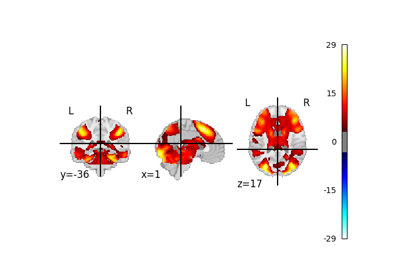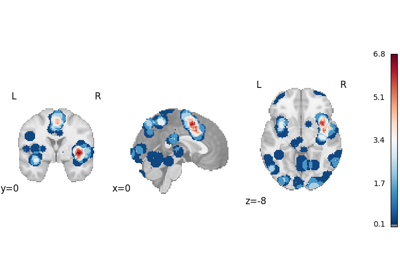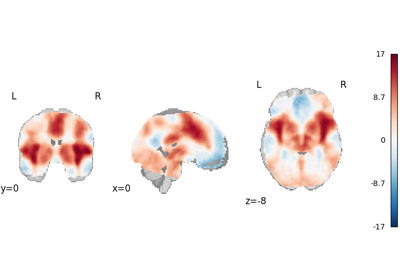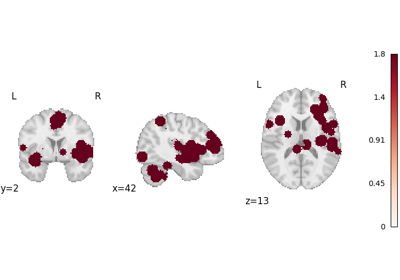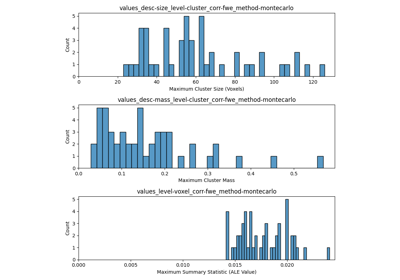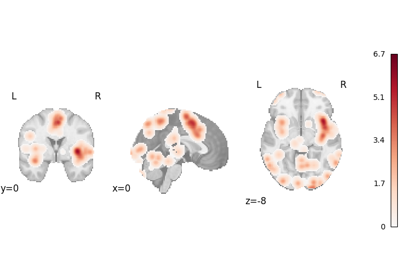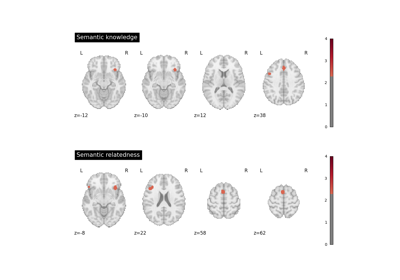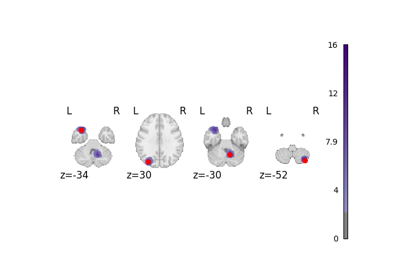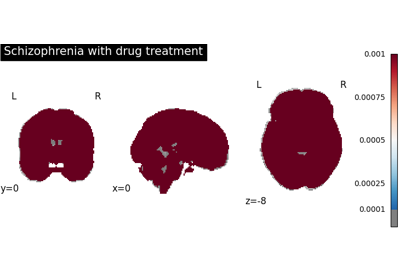nimare.estimator.Estimator
- class Estimator(memory=Memory(location=None), memory_level=0)[source]
Bases:
NiMAREBaseEstimators take in Datasets and return MetaResults.
All Estimators must have a
_fitmethod implemented, which applies algorithm-specific methods to a Dataset and returns a dictionary of arrays to be converted into a MetaResult.Users will interact with the
_fitmethod by calling the user-facingfitmethod.fittakes in aDataset, calls_collect_inputs, then_preprocess_input, then_fit, and finally converts the dictionary returned by_fitinto aMetaResult.Methods
fit(dataset[, drop_invalid])Fit Estimator to Dataset.
get_params([deep])Get parameters for this estimator.
load(filename[, compressed])Load a pickled class instance from file.
save(filename[, compress])Pickle the class instance to the provided file.
set_params(**params)Set the parameters of this estimator.
- fit(dataset, drop_invalid=True)[source]
Fit Estimator to Dataset.
- Parameters:
- Returns:
Results of Estimator fitting.
- Return type:
- Variables:
inputs (
dict) – Inputs used in _fit.
- classmethod load(filename, compressed=True)[source]
Load a pickled class instance from file.
- Parameters:
- Returns:
obj – Loaded class object.
- Return type:
class object
- set_params(**params)[source]
Set the parameters of this estimator.
The method works on simple estimators as well as on nested objects (such as pipelines). The latter have parameters of the form
<component>__<parameter>so that it’s possible to update each component of a nested object.- Return type:
self
